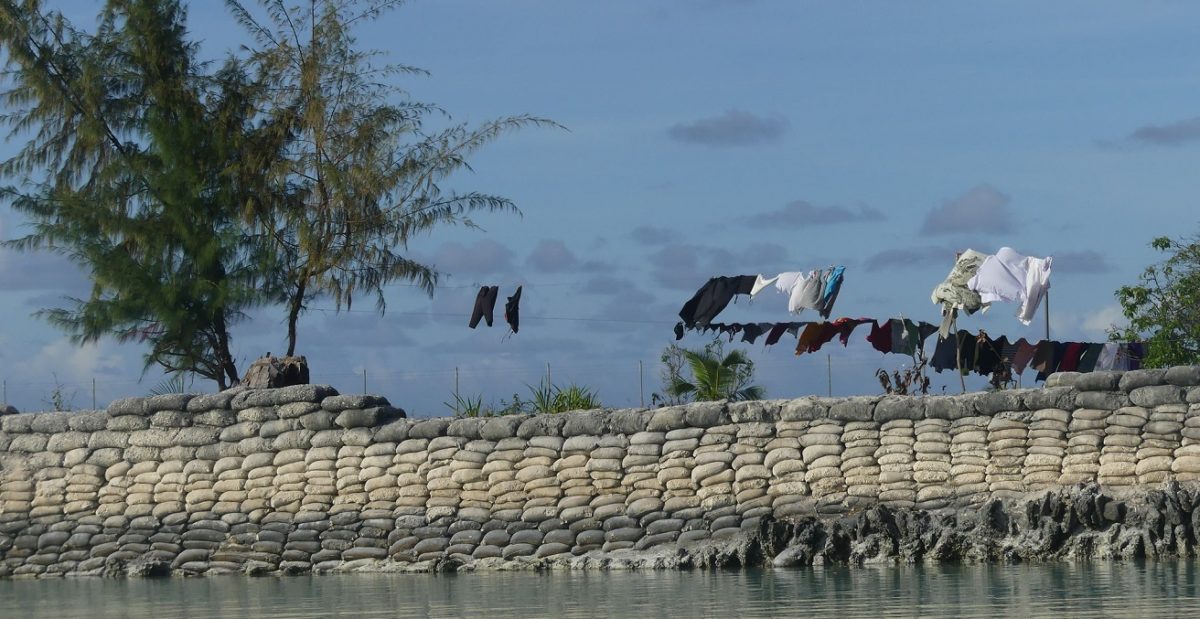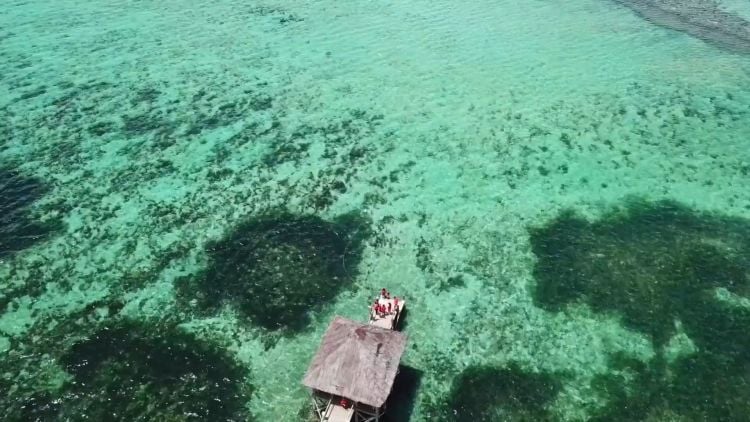The recent flooding on the east coast of Australia is a wake-up call to take climate change seriously and to consider its wider implications on Australia’s Pacific neighbours.
Human-induced climate change is the single biggest threat to humanity and requires a coordinated international response to both mitigate and adapt to its impacts, such as floods, drought, storm surges, and displacement.
This is particularly relevant for Australia, with it being one of the world’s highest emitters per capita. It is also located in one of the most climate-vulnerable regions, meaning a region-wide response is crucial to ensure the safety of people throughout the Pacific region.
Australia’s obligation to act, and act quickly, exists not only because it is a high emitter, but also because it is a self-described leader of the region. Australia’s Pacific Island neighbours are the world’s lowest emitters but also the most vulnerable when it comes to climate change.
Pacific Island nations will continue to face the brunt of increasingly severe natural disasters and land loss. As a result, widespread forced displacement of peoples throughout the region is likely, and many of these people will be forced to seek safety in Australia.
While Australia has been a well-publicised laggard when it comes to climate action, offering an underwhelming emissions target at last year’s United Nations Climate Change Conference in Glasgow, it is also true that it doesn’t currently have any strict legal obligation under international law to accept climate refugees from its neighbours. However, Australia does have numerous moral obligations that are tied to its international commitments on climate change that it should, in good faith, adhere to as a leader in the region.
The most important of these is Australia’s ratification of the Paris Agreement and its pledge to keep global warming under 1.5 degrees Celsius. Under the agreement, Australia is obligated to assist its neighbours in three ways.
The first is via the ‘global goal on adaptation’ that encourages states to enhance adoptive capacity, strengthen resilience, and reduce vulnerability to climate change.
The second is under Article 9, which requests parties recognise the specific needs of vulnerable developing countries, particularly relevant for the Pacific.
Australia’s final obligation extends from Article 8, which requests parties recognise the importance of averting, minimising, and addressing loss and damage associated with the effects of climate change.
As a signatory to the Paris Agreement, Australia will be judged on its ability to plan ahead for the long-term effects of climate change and to provide assistance to its neighbours.
If Australia fails to implement pathways for resettlement of climate displaced peoples, it can expect to face inevitable legal challenges from refugee claimants. While climate displacement isn’t currently covered under the Refugee Convention, there is an increasing push to ensure that it is. Climate-displaced persons are in no less need than others who can seek asylum and are at as great a risk of human rights violations.
This has already been challenged in the Australian Refugee Review Tribunal, where an appellant from Kiribati argued that they were distinctly and acutely affected by rising sea levels compared to the rest of the island. While the tribunal did not find in the appellant’s favour, it does suggest that there may be room for future claims that may have more success.
As a regional leader, Australia has obligations to provide financial aid and technology for adaptation and mitigation. It must also begin organising pathways for climate displaced Pacific communities.
Australia’s neighbours are already experiencing the effects of climate change. Considering Australia has long been a high emitter of fossil fuels, aiding its neighbours in these ways is the least it can do to ensure that the human rights of climate displaced Pacific communities are protected.
This story was written by Chris Fitzgerald, originally published at Policy Forum on 01 April 2022, reposted via PACNEWS.




